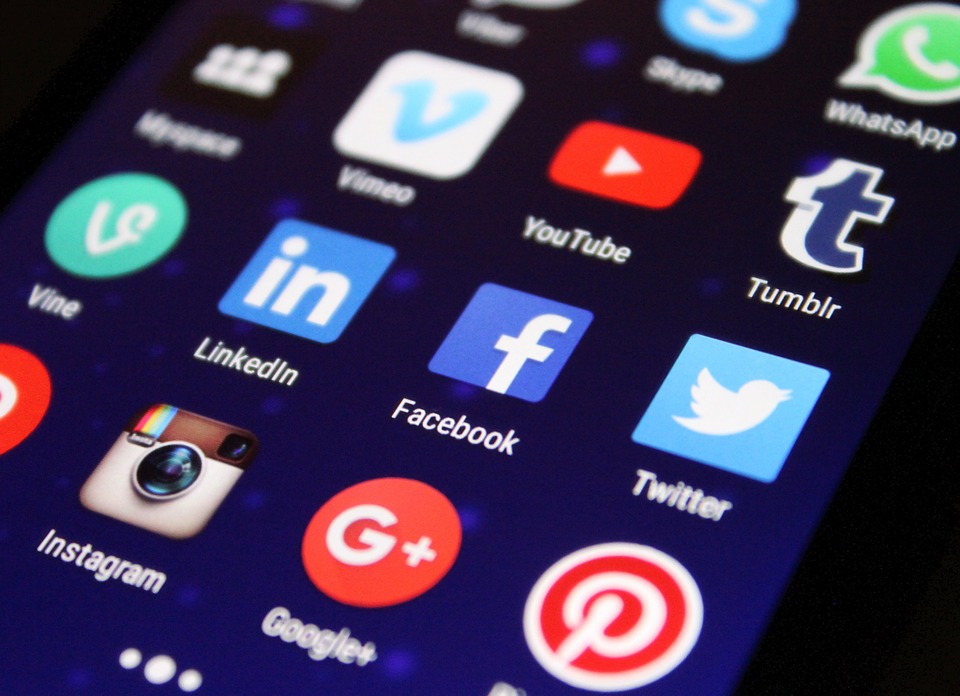Excessive use of social media platforms could affect mental health more than previously thought
According to a study led by Dr. Uri Nitzan of Tel Aviv University’s Sackler Faculty of Medicine and the Shalvata Mental Health Care Center and published in Social News Daily, Facebook users can become vulnerable to this effects and have their mental health affected. “A connection was found between the gradual development and exacerbation of psychotic symptoms, including delusions, anxiety, confusion and intensified use of computer communications,” the study quotes.
Social media communication can lead to feelings of detachment from the persons we know in the real life and lack of genuineness when it comes to the virtual relationships we establish on-line.
Dr. Anne Marie Albano, director of the Columbia University Clinic For Anxiety and Related Disorders, explains:
“Social media and other technologies can give an individual a false sense of having true relationships, which can get in the way of developing peer support and mentor relationships. In actuality, they never cross over to make an engaging relationship with such people in the real world.”
Apart from not being the ideal form of communication nowadays and compromising mental health, social media platforms are also time and attention consuming. Moreover, constant scrolling through Facebook, Instagram, Twitter, Snapchat and so on could transform into social media “stalking” and result in mild or severe psychotic behavior.



